Bad parenting habits encompass a range of parenting behaviors that negatively impact a child’s well-being as well as the family’s stability.
Children who are raised by parents who embody these unhelpful parenting habits experience difficulties in their growth and developmental years including:
- Low self-esteem
- Behavioral issues
- Academic struggles and
- Difficulties forming healthy relationships.
Parents may engage in these habits for various reasons, such as their own unresolved issues from childhood, lack of knowledge or resources, an inexorable need to control and have power over their children, stress or unrealistic expectations.
Understanding the underlying factors is crucial in addressing and improving parenting habits through therapy and guidance. Let’s explore some of these ruinious parenting habits.
1. Treating children unfairly because the world is unfair
Fairness is one of the virtues and key values that hold a family together. This fairness is experienced by children when parents are equitable in parental affection, distribution of chores, allocation of time each child spends in leisure or pursuing personal interests, punishment, rewards and allocation of family resources.
Parents practice unfair treatment of children by creating scenarios where their children will always be at a disadvantage. They do this to teach their children about life’s supppsed inequality.
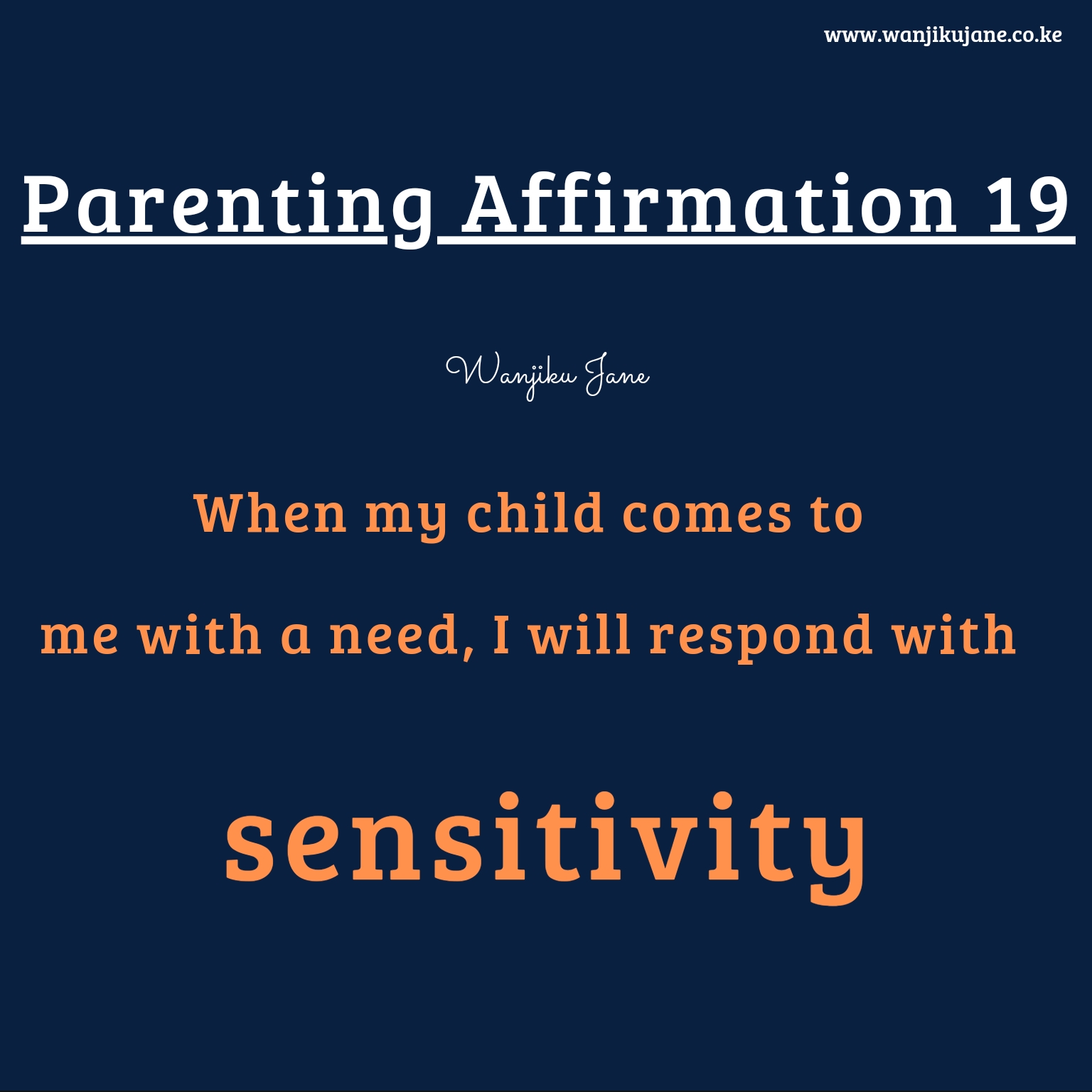
This unfair treatment elicits intense negative emotions in children leaving them with a feeling of poor self-esteem, confusion, feeling unloved and worthless because they never measure up.
Naturally, negative emotions last longer compared to positive emotions. This means that children spend more time thinking about the percieved acts of unfairness, which inturn affect their social, academic, personal life and even the family relationship.
An example is when a child receives punishment for something he did not do or when a child feels he was not given a chance to share his side of the story. This situation makes a child feel misunderstood, unwanted, invalidated and unloved.
Such situations if left unadressed cause alot of psychological harm upon the child. Later on, the child might turn to drugs or engage in harmful bebaviours to feel good about themselves. As a parent, it is your duty to prepare your child for life’s unfairness by providing safety, guidance and counselling while allowing the inescapable growth and developmental challenges to instill resilience in your child.
2. Infantilising your growing children
Infantilising children means encouraging or forcing a growing child, teenager or an adult to behave and act like a child. Parents who infantilise children use any means possible to deny their children a chance to develop into independent, free thinking and autonomous adults. Parents with this bad parenting habit see their children as an extension of themselves and strive to attain perfection through them.
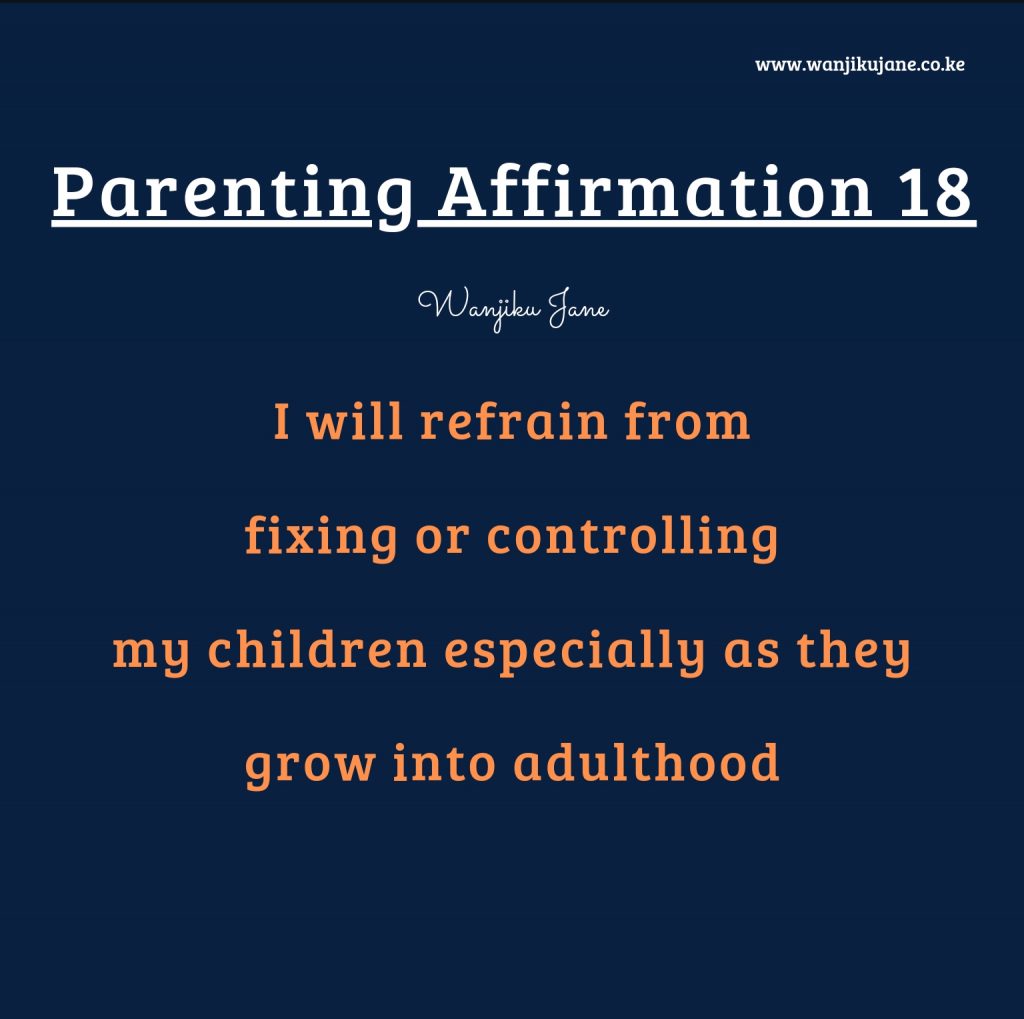
When parents infantilise their children, they automatically obtain power over their children because of the dependency they create. This power is obtained by denying their children opportunities to grow and become independent, responsible and accountable adults.
These parents insist on making every decisions for their children, doing things that the children are capable of doing by themselves, choosing for them intimate partners, carrers, where to live etc. They meddle incessantly in the lives of their adult children’s lives in order to feel important, needed and respected.
Chidren who grow up being infantilised may develop chronic self-doubt, low self-esteem and low self-trust because their parents, guardians or caregivers strip them of their fundamental personal power and agency to be autonomous adults by creating dependency. Through repeated coddling, pampering or even shaming and being guilt triped, the children lose trust in their own ability to do anything for themselves or even stand up for themselves or what they believe in.
3. Entitlement
An entitled parent believes he or she inherently deserves special treatment, adoration and endless gratitude from their children for birthing, nurturing and caring for them. Furthermore, they believe that they can access their children’s emotional, physical and financial resources whenever they feel like. Parental entitlement is one of the biggest debilitating parent-child issues as the parent ages and the children develop into adulthood and midlife.
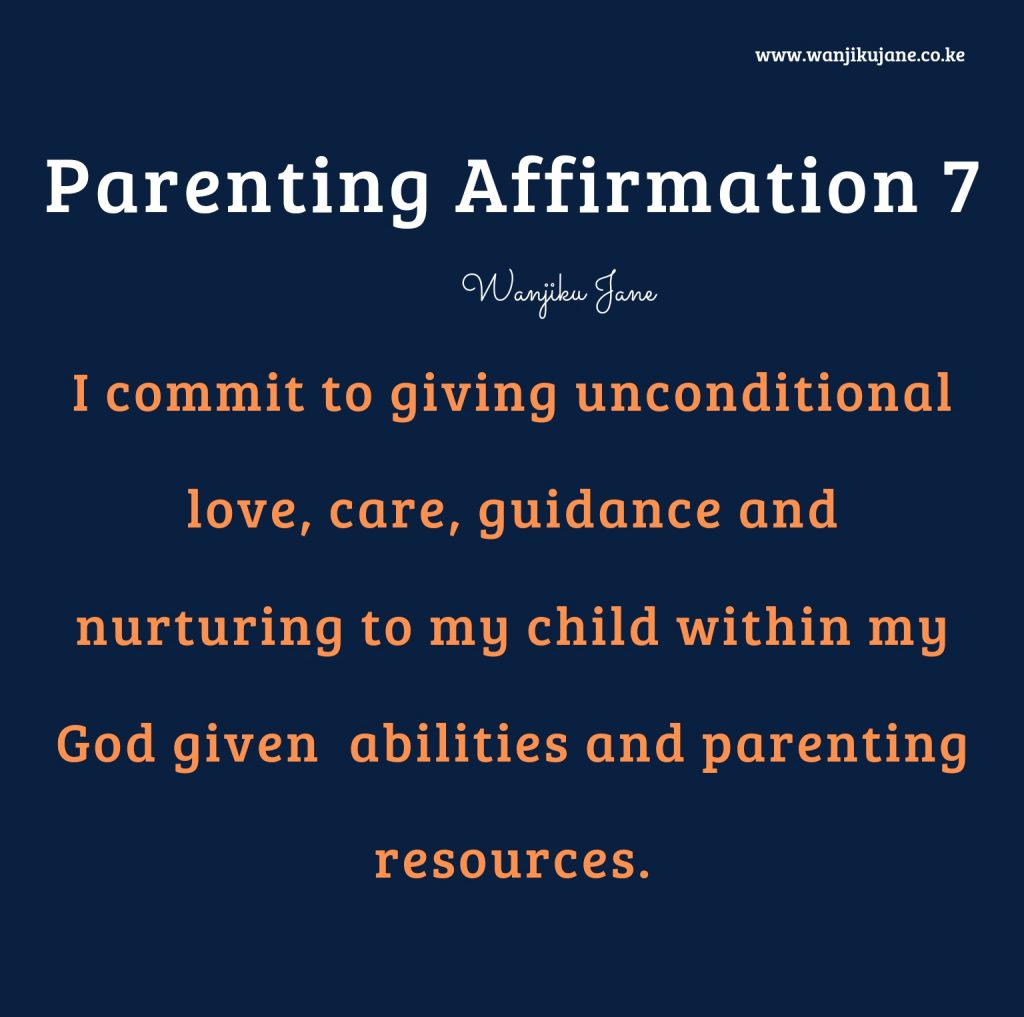
In younger years, especially when their kids are in kindergarten, entitled parents believe that their children deserve special treatment from anyone involved in the life of their children be it teachers or caregivers. They fail to cultivate good parent – teacher/caregiver relationship and are quick to escalate issues and cause drama whenever conflict involving their child arises.
As children grow under this parent, they feel frequently embarrassed by the constant drama which affects their social, emotional, academic growth and even the relationship with their teachers.
Within the family, the entitled parent unabashedly crosses his/her children’s boundaries because he educated, fed and sheltered the child. This leaves the child with a deep feeling of resentment towards their parent.
Children do not owe their parents anything for being raised and cared for.
Parental entitlement is a leading cause of adult children-parent estrangement. Parents with this bad parenting habit are often quick to cut their children and grand children off whenever the child sets boundaries with them. Some emotionally immature parents spread negative news and rumours about how ungrateful their children are so as to further isolate and victimise the children from other family members.
4. Failure to protect your children from abusive spouse or other adults
If you are in an abusive relationship of any kind, it’s highly likely that your children or step children will also fall in the abusers wrath. A leopard does not change it’s skin. Therefore, it is imperative that you take seriously any repeated form of abuse be it sexual, verbal, financial, emotional or physical.
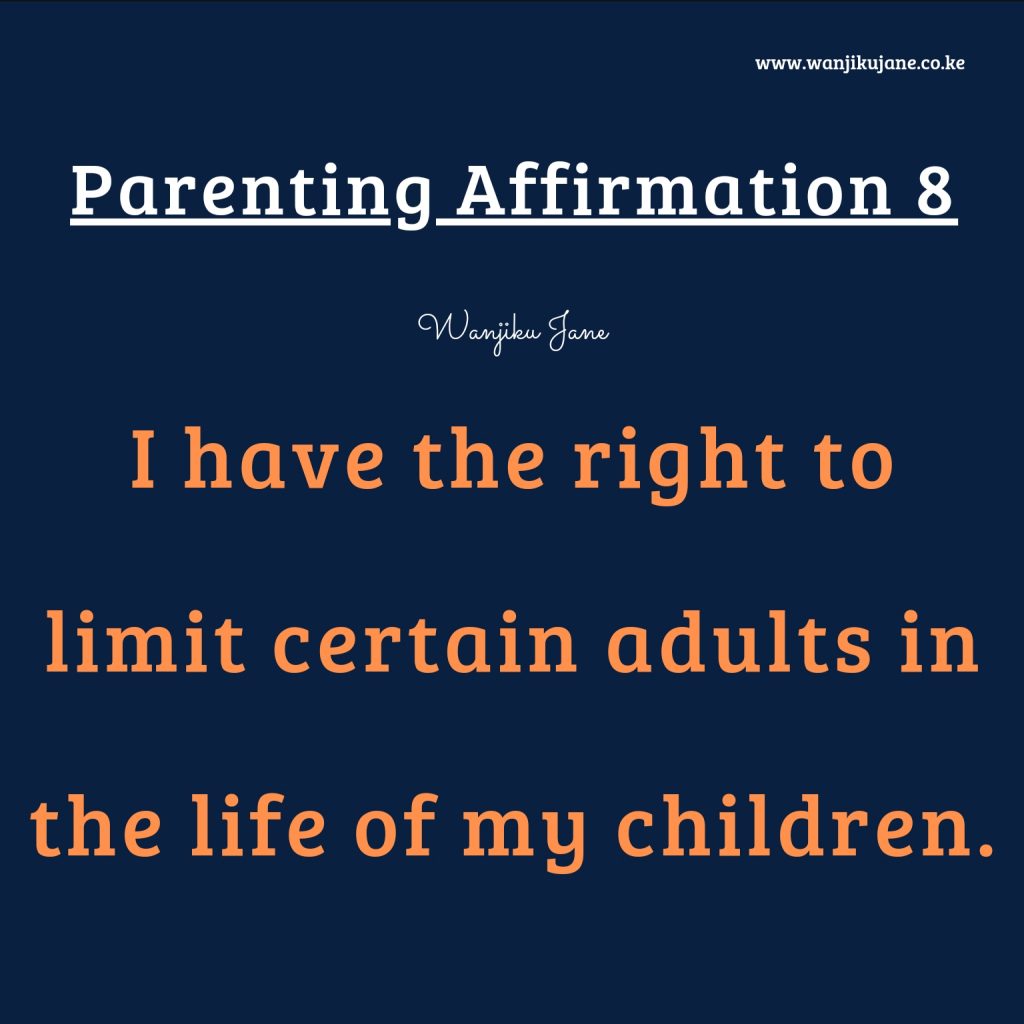
When you stay in abusive relationship, you become an accomplice to the abuse extended to your children by the abuser. Children depend upon their parents for emotional, physical, mental and spiritual protection. It is your parental duty to empower yourself to stand up to the abuser so as to protect yourself and those who depend on you for protection.
Prolonged abuse is disastrous to the optimal growth and development of children and it also hinders healthy family relations. Always speak up and take action when you notice any change of behaviour by an adult towards your child or any other vulnerable person under your care be it an elderly, invalid or a person living with disability.
Some examples of abuse towards children include
1. Verbal abuse e.g excessive name calling, character attacking children rather than adressing behavour, saying demeaning things to children so as to suppress them, yelling at children when you get home from work or when waking them up etc.
2. Financial abuse which involves using money as a tool to control your children’s behaviour and make them compliant to your will.
3. Emotional abuse which is displayed by passive-agressive behaviours such as giving the child or entire household silent treament when you are upset. Emotional abuse also involves invalidating your childs feelings, gaslighting children such that they question their reality and experiences and also social isolation which denies the child his fundamental right to belong to a loving and caring family.
4. Sexual abuse – this includes not only the act of perfoming sexual acts on children but also non physical sexual acts such as looking at children suggestively, making sexual remarks on childrens bodies, lingering around when a child is bathing or geting dressed, entering the childs bedroom when they are changing without knocking and total disregard of children’s personal boundaries.
5. Parentifying children
Parentification happens when parents look up to their children for emotional and or practical support instead of providing these needs for their children. When this happens, there is a complete role reversal whereby the parent relies on his/her child for emotional, financial or completely leaves growing children to run the home.
There are two distinct types of parentification as explained below.
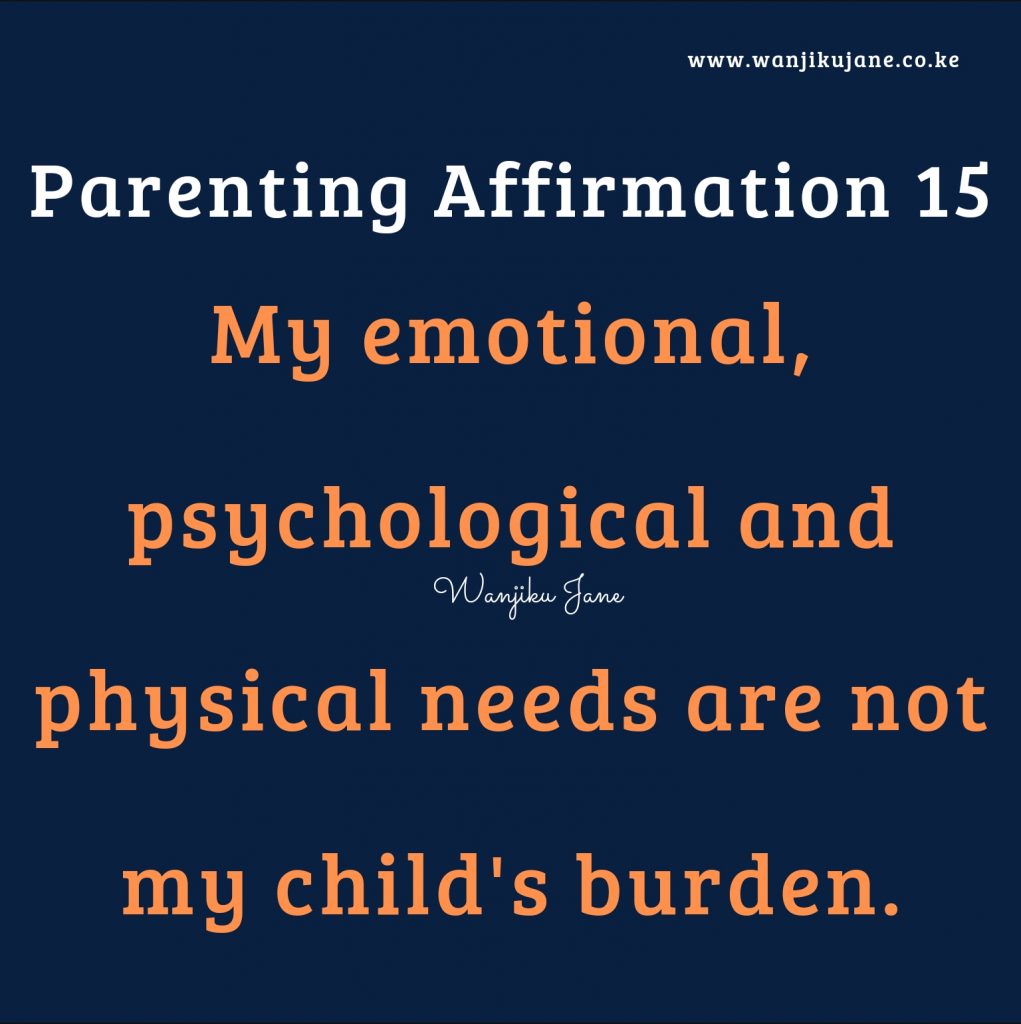
Emotional parentification
This type of parentification happens when a child takes on the role of ensuring the house is emotionally safe and void of any chaos. The child takes on the role of ensuring family members get along and that coflicts are resolved amicably.
In extreme cases a parent might vent to their emotionally parentified child about his marital status, friendship squabbles or even the estrangement the parent is going through in his or her family of origin. Also, the parents might task the child to solve sibling issues, take care of an ailing family member etc.
This type of parentification is a heavy burden to the child who is not fully mature or capable of dealing with his own emotions as well as other people’s emotions. This scenario can lead to emotional retardation or abuse and neglect to the vulnerable people left under the care of the growing child.
Emotional regulation, nurturing and maintaining harmonious family relationships is the responsibility of the parents and not the children.
Instrumental parentification
This type of parentification involves the child performing parental tasks that ensure a smooth running of the family. In this case, a child is left to run a home, care for siblings, provide financially for the family, do grocery shopping and prepare meals etc. This severely affects the child’s growth and developmental need to play, socialise, spend time in self directed hobbies and exploration, study etc.
Some cases of parentification are inescapable such as when the primary caregiver is a single parent and acquires a debilitating illness or dies. However, parentification becomes a form of relational abuse and neglect when a child lives with both parents.
EXPLORE
- 15 powerful motivators that drive children to make positive changes in their behaviour
- 5 Mindsets That Make Parenting More Fulfiling
- 10 Parenting Practices That Make A Positive Difference As Children Mature
- Why Psychological Safety Matters In A Family And How To Create It
- PARENTAL FAVOURITISM – recipe for vicious sibling rivalry and family breakdown

One thought on “BAD PARENTING HABITS THAT RUIN CHILDREN AND FAMILIES”